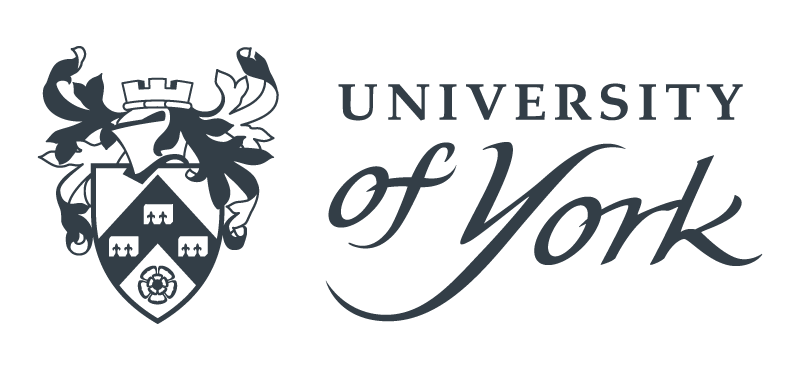McLennan, N. (2018). Six O’Clock in Princes Street. Proceedings of the Society of Antiquaries of Scotland 148. Vol 148, Edinburgh: Society of Antiquaries of Scotland. pp. 333-351. https://doi.org/10.9750/PSAS.148.1256. Cite this via datacite
Title The title of the publication or report |
Six O’Clock in Princes Street | ||||||||||||||||||||||||||||||||||
|---|---|---|---|---|---|---|---|---|---|---|---|---|---|---|---|---|---|---|---|---|---|---|---|---|---|---|---|---|---|---|---|---|---|---|---|
Subtitle The sub title of the publication or report |
An analysis of Wilfred Owen’s Edinburgh 're-education' | ||||||||||||||||||||||||||||||||||
Issue The name of the volume or issue |
Proceedings of the Society of Antiquaries of Scotland 148 | ||||||||||||||||||||||||||||||||||
Series The series the publication or report is included in |
Proceedings of the Society of Antiquaries of Scotland | ||||||||||||||||||||||||||||||||||
Volume Volume number and part |
148 | ||||||||||||||||||||||||||||||||||
Page Start/End The start and end page numbers. |
333 - 351 | ||||||||||||||||||||||||||||||||||
Downloads Any files associated with the publication or report that can be downloaded from the ADS |
|
||||||||||||||||||||||||||||||||||
Licence Type ADS, CC-BY 4.0 or CC-BY 4.0 NC. |

ADS Terms of Use and Access
|
||||||||||||||||||||||||||||||||||
DOI The DOI (digital object identifier) for the publication or report. |
|
||||||||||||||||||||||||||||||||||
Publication Type The type of publication - report, monograph, journal article or chapter from a book |
Journal | ||||||||||||||||||||||||||||||||||
Abstract The abstract describing the content of the publication or report |
The First World War poet, 2nd Lieutenant Wilfred Owen, is remembered for his powerful testimony of war via his anti-war poetry. However, there has been limited focused investigation of Owen's four months in Edinburgh between 26 June 1917 and 3/4 November 1917 and the impact of that period. Owen was in Edinburgh convalescing from 'shell-shock' at Craiglockhart War Hospital; his doctor called it 're-education'.1 Fresh research and analysis has been able to confirm the Scottish inspiration of a number of aspects of Owen's poetry: from Owen's first visit to Scotland, holidaying in 1912, and his four-month stay in Edinburgh in the latter half of 1917. During late 1917 Owen was able to craft some of the most poignant war poetry of the century, if not all time. That writing was made possible by the Edinburgh environment and important meetings in the social circles he benefited from in the city. It was facilitated by innovative 'work' cures, or ergotherapy, being implemented at Craiglockhart by Edinburgh-based physician Dr Arthur John Brock. Brock had been inspired in his medical thinking by Professor Sir Patrick Geddes. Geddes would evolve sociologist Le Play's Lieu, Travail et Famille heuristic method and propose three themes as determinants of society: Place, Work and Folk. Geddes' sociological survey model provides useful lenses for a more in-depth consideration of the socio-cultural impact of Edinburgh and its people on Owen and his writing. | ||||||||||||||||||||||||||||||||||
Year of Publication The year the book, article or report was published |
2018 | ||||||||||||||||||||||||||||||||||
Locations Any locations covered by the publication or report. This is not the place the book or report was published. |
|
||||||||||||||||||||||||||||||||||
Locations Any locations covered by the publication or report. This is not the place the book or report was published. |
|
||||||||||||||||||||||||||||||||||
Source Where the record has come from or which dataset it was orginally included in. |

ADS Library
(ADS Library)
|
||||||||||||||||||||||||||||||||||
Relations Other resources which are relevant to this publication or report |
|
||||||||||||||||||||||||||||||||||
Created Date The date the record of the pubication was first entered |
10 Jan 2020 |





